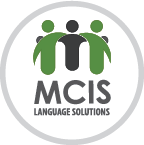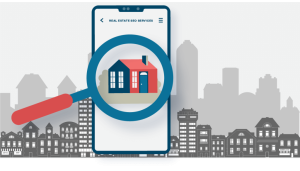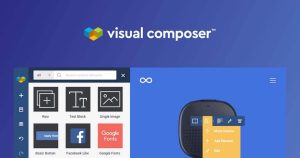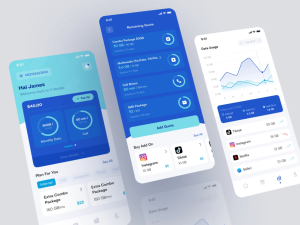Introduction:
Artificial Intelligence (AI) is revolutionizing industries across the board, and web development is no exception. From enhancing user experience to optimizing performance, AI is being integrated into various aspects of web development to streamline processes and drive innovation. In this article, we’ll delve into the different ways AI is being utilized in web development, revolutionizing the digital landscape.
Personalized User Experience:
AI-powered algorithms analyze user behavior, preferences, and demographics to deliver personalized content and recommendations. This includes personalized product recommendations, dynamic website content, and tailored marketing messages. By understanding user intent and behavior, AI helps in creating a more engaging and relevant user experience, leading to higher conversion rates and customer satisfaction.
Chatbots and Virtual Assistants:
Chatbots and virtual assistants powered by AI are becoming ubiquitous on websites, offering instant support and guidance to users. These AI-driven bots can answer queries, provide recommendations, assist with purchases, and even handle basic customer service tasks. They enhance user engagement, reduce response times, and automate routine tasks, thereby improving efficiency and scalability for businesses.
Content Generation and Optimization:
AI algorithms are increasingly being employed to generate and optimize website content. Natural Language Processing (NLP) models can create high-quality, SEO-friendly content based on specific keywords and topics. AI tools can also analyze content performance, identify trends, and suggest optimizations for better search engine rankings and user engagement.
Predictive Analytics:
AI-driven predictive analytics tools analyze vast amounts of data to forecast user behavior, traffic patterns, and market trends. This helps web developers make data-driven decisions regarding website design, content strategy, and marketing campaigns. By anticipating user needs and trends, businesses can stay ahead of the competition and deliver a more targeted and relevant online experience.
Automated Testing and Bug Detection:
AI-powered testing tools automate the process of identifying bugs, vulnerabilities, and performance issues in web applications. Machine learning algorithms can analyze code, detect anomalies, and predict potential issues before they impact the user experience. Automated testing reduces the time and effort required for manual testing, resulting in faster development cycles and higher software quality.
Website Design and Optimization:
AI algorithms assist in designing and optimizing websites for better performance and usability. Generative design tools leverage AI to create unique and visually appealing website layouts based on user preferences and design trends. Additionally, AI-driven optimization techniques enhance website speed, responsiveness, and accessibility, ensuring a seamless user experience across devices and platforms.
Conclusion:
AI is transforming web development by introducing automation, personalization, and intelligence into every stage of the process. From enhancing user experience to optimizing performance, AI-driven solutions are revolutionizing the way websites are designed, developed, and managed. As AI technologies continue to evolve, we can expect further innovation and advancements in web development, paving the way for a more dynamic and personalized online experience.

































